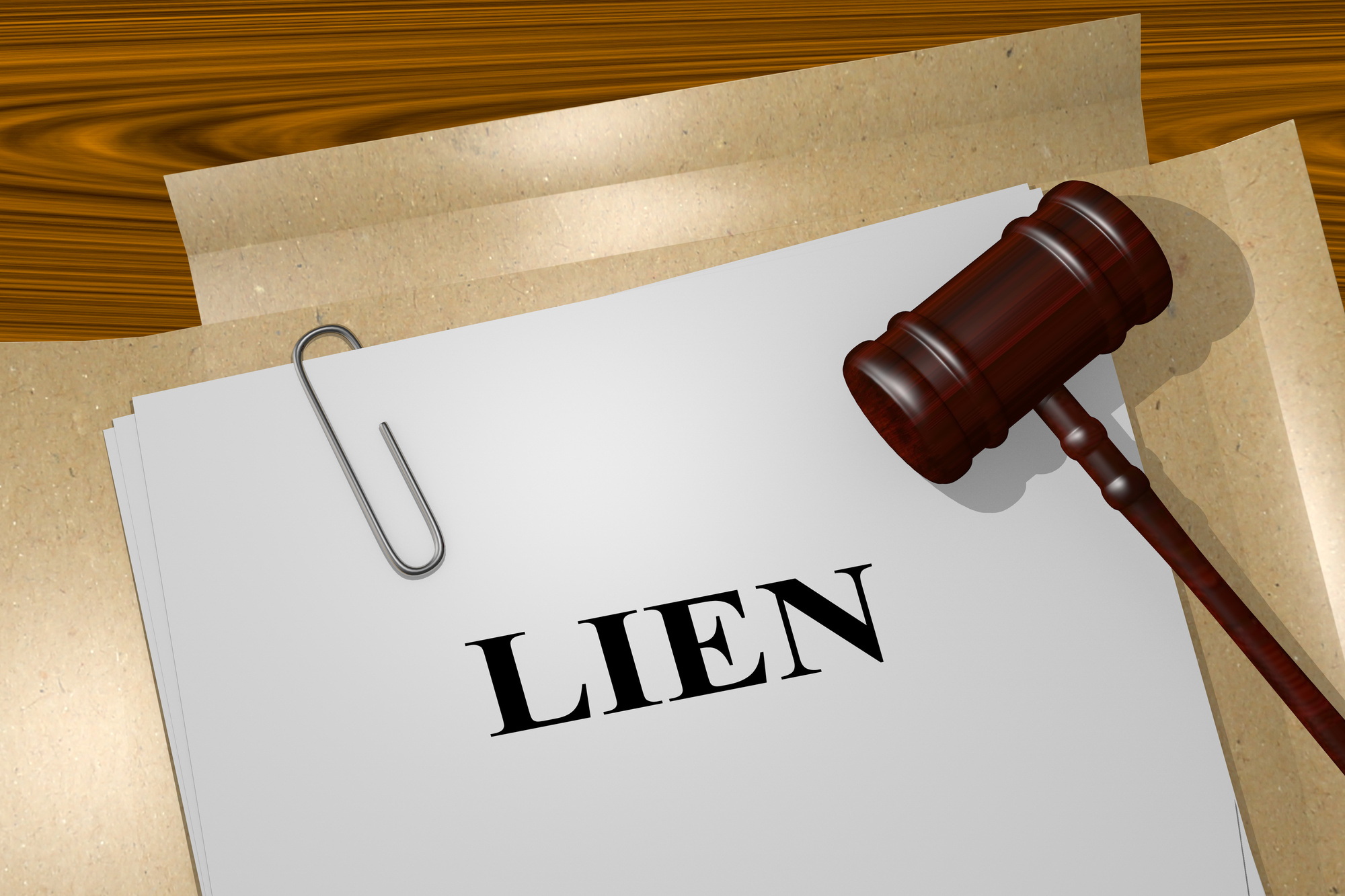I Have a Property Lien on My Home: Can I Sell It? What You Need to Know
January 14, 2019
Does a property lien mean you can’t sell your home? Not necessarily. Here’s what you need to know about selling your home with a property lien.
4% of homes that sold in 2016, fell through before the keys were handed over. That means that over 200,000 real estate deals did not go through at the last minute.
There are several reasons why this could happen. One of them is due to a property lien. But a lien doesn’t have to stop a sale.
Read on to learn about what to do about a lien on a house so that you can sell it without issues.
What is a Lien on a House?
A lien can be placed on a property if the owner has an unpaid debt. The lender places this lien in order to secure repayment.
The lien stays on the property until the owner pays the debt. A lien gives the lender the right to seize your home if you don’t pay the loan.
Who Can Put a Lien on Your House?
A mortgage lien is a type of lien that the bank may place on your home if you have not been paying your monthly mortgage payments. This is often the first step before foreclosure.
Other types of liens are possible. For example, if you fail to pay your taxes, an IRS lien may be placed on your home. Or if you hire an electrician and don’t pay, he or she may place a lien on your home for their unpaid work.
Why Buyers Are Wary of Homes With Liens
A lien is attached to a property, not an individual person. That means that if a house with a lien is for sale, the new owners will inherit the lien. The new owners would have to pay off the debt or risk having the lender seize the property.
Liens are present on the property title. A title search is part of the closing items of business on real estate. If a lien shows up during a title search, the mortgage company may refuse to provide financing for that home to the would-be new owners.
This is why many house hunters are wary of buying homes that have a lien on the house.
Selling Your House with a Property Lien
As a seller, there are several ways you can sell your home with a property lien.
Pay it Off Before the Sale
The easiest way to sell your home with a lien is to pay off the outstanding debt.
First, find out exactly what you owe and to whom. Do this by contacting the lien holder and asking what the total amount you owe is.
The debt will include the principal amount, plus interest as well as any other charges that may have been added to your account.
You can usually pay by check, credit card and in some instances email money transfer.
Once you have paid your debt, the lien holder will need to cancel the lien. Unfortunately, you may be waiting up to several months for this process.
The lien holder needs to file the payment with the county clerk’s office. And depending on the volume at the clerk’s office, your lien could sit un-reversed for a while.
If you are selling soon and can’t wait, you could reach out to the lien holder and ask him or her to provide you with the paperwork directly. That way you can make a copy and show it to potential home buyers (or their agents).
You will need to file the original to the clerk’s office yourself if you go this route.
Pay Your Lien At Closing
You might not have the funds to pay off the lien before you sell your home.
In that case, you may pay the debt during your real estate closing with the proceeds from the sale.
That way, you aren’t out-of-pocket for any of the debt. Though you may have to put a lot or all of the proceeds from the house towards the lien, at least you will get a fresh start moving forward.
But make sure you try to get a discount before you pay.
Negotiate with Creditors for a Discount
Creditors know that it is possible for them not to get the full amount that you owe.
More often than not, they are willing to come to an agreement and provide a discount.
Contact the creditor and ask to speak to the person responsible for placing the lien. Be honest and explain that you want to pay off some of the debt but that the full amount is not feasible for you. If you can offer a cash, lump sum payment, many creditors will accept a lot less than the full amount owing.
You may be lucky enough to pay pennies on the dollar. Negotiating is important especially when you owe more than you can repay with the sale of your property.
Hiring a Lawyer to Negotiate on Your Behalf
If you are unable to negotiate a discount or don’t feel able to take on that task yourself, you can hire an attorney.
Many attorneys offer a free consultation where you can explain your situation and talk about how the attorney may be able to help.
This may not be a good option in every scenario because of the attorney’s fees. But if your case is complicated or will require legal know-how, it may be worth your while.
Bottom Line
We hope this article has helped you get a good understanding of what to do about a property lien on a home you want to sell.
At Landing Zone Homes LLC, we have extensive experience in helping homeowners buy and sell properties.
Our real estate specialties include clearing up liens, avoiding foreclosure, solving title issues and more.
Contact us today to discuss how we can help.